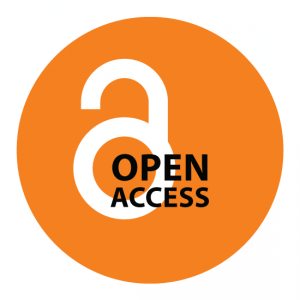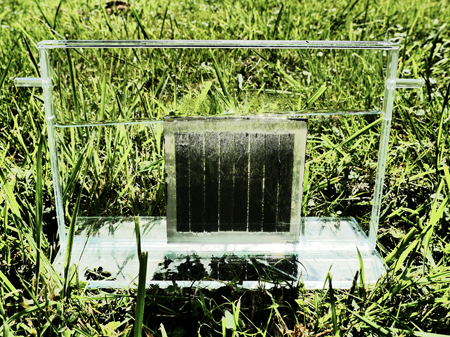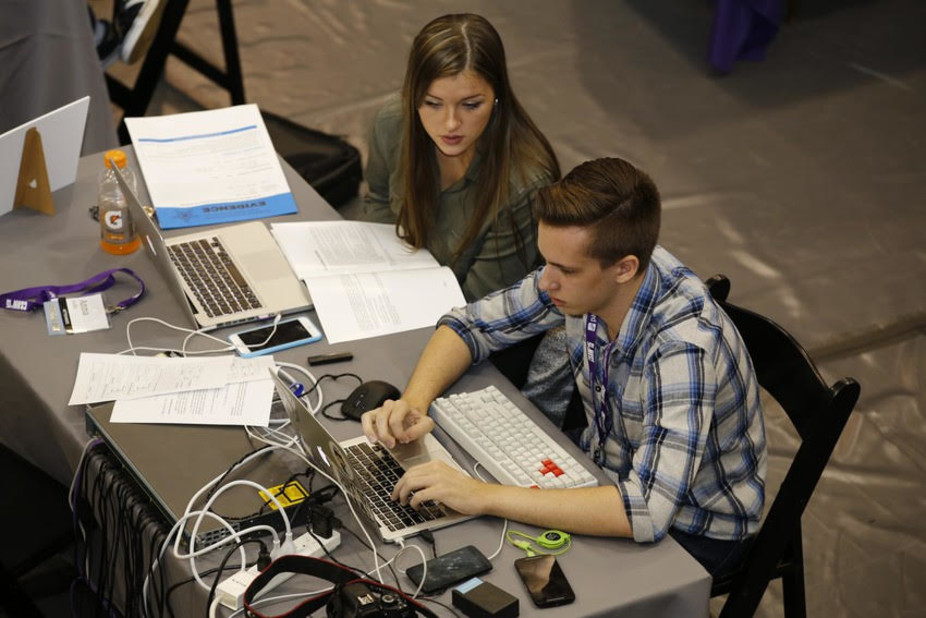 Cards Against Humanity, the comedy card game, has announced that applications are now being accepted for their Science Ambassador Scholarship. The scholarship is geared to award full-tuition to young women seeking undergraduate degrees in STEM.
Cards Against Humanity, the comedy card game, has announced that applications are now being accepted for their Science Ambassador Scholarship. The scholarship is geared to award full-tuition to young women seeking undergraduate degrees in STEM.
This year, one winner will be selected by a board of sixty women in STEM to receive full tuition coverage for up to four years.
“I’m so excited that we’re able to offer another scholarship for a woman studying STEM. A lot of us at Cards Against Humanity have backgrounds in science and tech, and the under-representation of women in these fields is staggering,” says Jenn Bane, the Cards Against Humanity community director. “Ask a kid to draw a scientist, they’ll draw a man in a lab coat, because science and math are historically male-dominated fields. Cards Against Humanity has a large audience, so with the Science Ambassador Scholarship we hope to help change the public perception of what a scientist looks like.”
To apply, applicants must submit a three-minute video explaining a scientific topic they’re passionate about. Find more details here.
PS: If you want to contribute to the fund, you can pick up the Science Pack to add to your Cards Against Humanity Deck. All profits go to the Science Ambassador Scholarship.
 At ECS, we offer your institution a subscription to ECS Plus, which gives your researchers access to a wealth of high-ranking, highly-cited research in electrochemistry and solid state science.
At ECS, we offer your institution a subscription to ECS Plus, which gives your researchers access to a wealth of high-ranking, highly-cited research in electrochemistry and solid state science.



 Cards Against Humanity, the comedy card game, has announced that applications are now being accepted for their
Cards Against Humanity, the comedy card game, has announced that applications are now being accepted for their  Lithium-air batteries are viewed by many as a potential next-generation technology in energy storage. With the highest theoretical energy density of all battery devices, Li-air could revolutionize everything from electric vehicles to large-scale grid storage. However, the relatively young technology has a few barriers to overcome before it can be applied. A new study published in the
Lithium-air batteries are viewed by many as a potential next-generation technology in energy storage. With the highest theoretical energy density of all battery devices, Li-air could revolutionize everything from electric vehicles to large-scale grid storage. However, the relatively young technology has a few barriers to overcome before it can be applied. A new study published in the 
 Corrosion costs the U.S. economy over $450 billion per year. In an effort to better predict the effects of corrosion, ECS Fellow
Corrosion costs the U.S. economy over $450 billion per year. In an effort to better predict the effects of corrosion, ECS Fellow 
